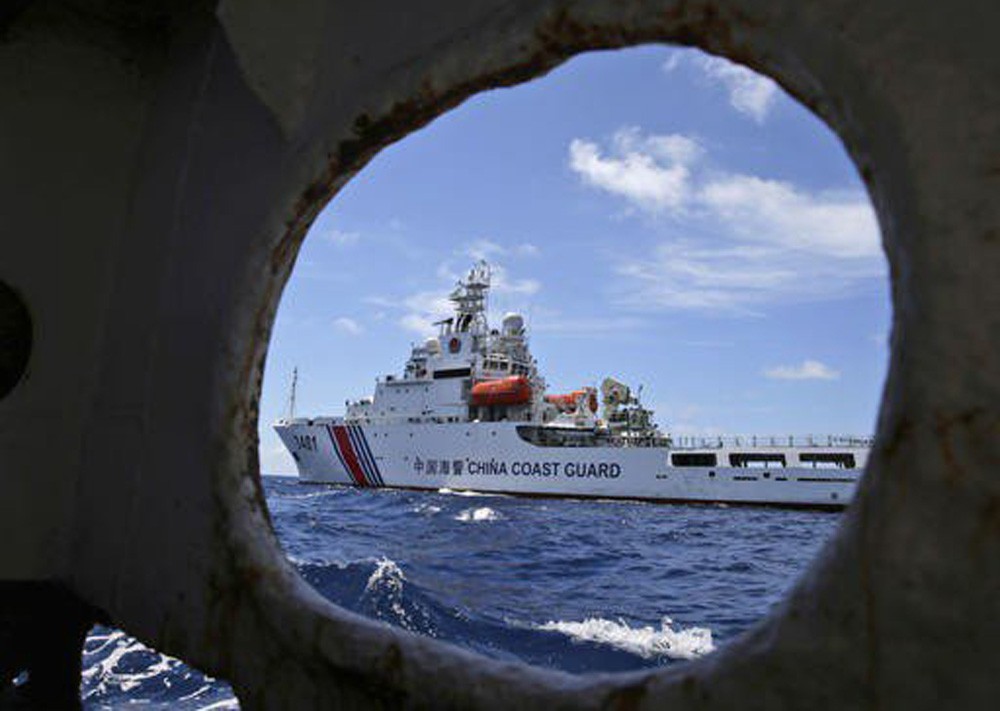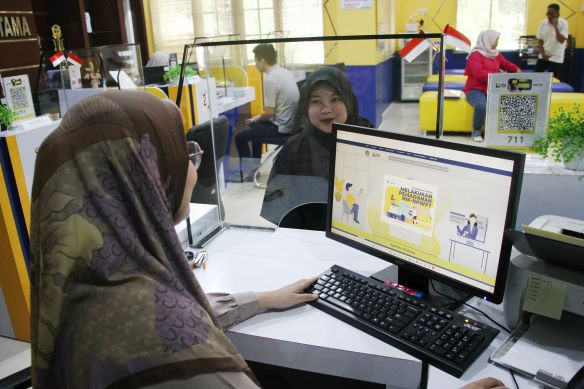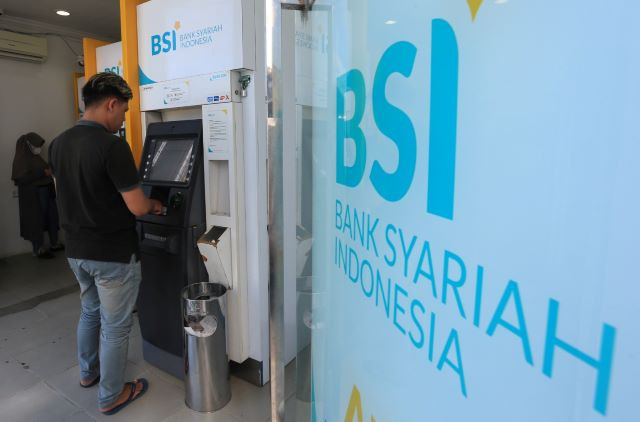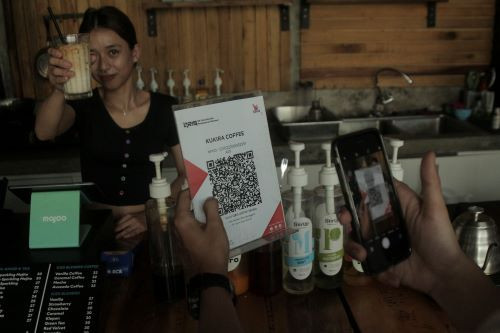Dear China, don’t dampen your dazzle, please
Change Size
 In this March 29, 2014 file photo, a Chinese Coast Guard ship attempts to block a Philippine government vessel as the latter tries to enter the Second Thomas Shoal in the South China Sea to relieve Philippine troops and resupply provisions. (AP/Bullit Marquez)
In this March 29, 2014 file photo, a Chinese Coast Guard ship attempts to block a Philippine government vessel as the latter tries to enter the Second Thomas Shoal in the South China Sea to relieve Philippine troops and resupply provisions. (AP/Bullit Marquez)
C
hina continues its “checkbook diplomacy”, boosted by no-strings-attached commitments to business. Thus the nation of some 1.36 billion has gained enough clout to continually dismiss the international arbitration court, which ruled last month that China’s territorial claim in the South China Sea was “baseless”.
However, although its charms lie beyond money, unfortunately China is dampening its own “soft power” when acting brazenly against neighbors, like bumping into our fishing boats, declaring “traditional” fishing grounds, while anyone’s ancestral claims in the seas could overlap those of others, as well as stating that it is continuing to build facilities and conduct military exercises to secure “peace” in the South China Sea.
The US may stand accused of double standards for bashing China over The Hague’s ruling, since it hasn’t even ratified the UN Convention of the Law of the Seas (UNCLOS).
But smaller nations, like Indonesia, look to UNCLOS and the international court to assert globally recognized rights over their surrounding waters.
China’s actions and rhetoric are provoking its neighbors’ resentful patriotism, leading to what they fear — the potential obstruction of China’s vast “New Silk Road” project; its “one belt one road” plan to cover highways, railways and industrial belts from northwest China to the rest of Central Asia, Europe, the Middle East and Russia.
This “21st century Maritime Silk Road” will link Chinese ports with Europe via the South China Sea and the Indian Ocean, and the South Pacific Ocean. The project map, covering some 40 nations, including Indonesia and much tense territory, shows why China is courting just about everyone possible.
China might be waging that its money and charms will win over allies while resisting US-led bullies — mainly to appease the domestic nationalistic audience, many of whom protested the July 12 ruling.
As the Chinese don’t act like pushy American and Western donors, their appeal indeed includes non-interference. But China’s soft power has also been its increasing credibility.
“The Chinese deliver”, said an editor during a media cooperation forum held just a few weeks after The Hague ruling by the People’s Daily, the mouthpiece of China’s Communist Party. Another said that, to the Nepalese, China was more reliable in realizing the long-awaited hydropower plants for Nepal’s energy than India.
Second, the Chinese showed they were learning.
Embarrassing reports, like the Chinese restaurateur in New York who tried to bribe a health inspector, were declining, researchers said, as the Chinese seemed to try to adhere to the standards of the countries where they do business.
Third, China is shedding its copycat image — not only producing better fakes, as the tycoon Jack Ma boasted — but also becoming innovative. In Beijing we enjoyed heavily subsidized Uber fares, just until the local ride-hailing app Didi Chuxing took over.
The top social media app, WeChat, where the Chinese chat, shop, hail rides and conduct many other activities, recorded a phenomenal purchase of 32.1 billion virtual angpao, or red cash envelopes, during February’s Chinese New Year, reports said.
Chinese companies investing from west to east and winning over local consumers from foreign rivals, who rightly or wrongly complain of discrimination, are only part of China’s attraction.
Yet soft power needs sustained credibility. The Donald, for instance, has Trumped Uncle Sam’s preaching of democracy and human rights.
To stop ruining our own image and credibility, we first need to realize the problem. The People’s Daily editors invited input from Asian colleagues in a bid to forge “consensus”, apparently to better smoothen the “New Silk Road”.
Learning from Indonesia, the Chinese media can avoid repeating our mistakes in forging “harmony” under the New Order — so much so that we shocked ourselves when communal conflicts broke out. Thousands were killed; belatedly we realized simmering discontent in those “harmonious” lands, which might not have been exposed for fear of job losses and media shutdowns.
The media in many nations, including Indonesia, still face the challenge of honest reporting and the ability of sources speaking up without fear.
Beijing’s media gathering took place not long after the authorities reportedly blocked a news website that was often critical of the government. Even the People’s Daily editors said they often coaxed the government to understand that publishing bad news was inevitable; how long could one ignore angry parents with kids suffering from pollution?
The forum closed with agreements between the People’s Daily and media organizations from Egypt, Portugal, Spain, Kenya, as well as Reuters and others, particularly on content sharing on the “New Silk Road”. Sharing the project’s coverage could make more people aware of the potential, affordable access to new travel destinations and business opportunities, among other things.
But uncensored coverage should also help anticipate problems. The earlier controversy around the Jakarta-Bandung express railway, just a few hours’ drive with no need for the costly project awarded to China after Japan was sure it would get the job, was just one example of the issue of trust, of Indonesians toward their government and toward China.
But if China can better abide by regional sensitivities, Indonesia might be a more willing business partner — at least to gain better connectivity through part of Admiral Cheng Ho’s voyage around the archipelago.
_____________________________________
The writer, a journalist with The Jakarta Post, was among speakers at the Media Cooperation Forum on Belt and Road in Beijing from July 25 to 27, following an invitation from the People’s Daily.









